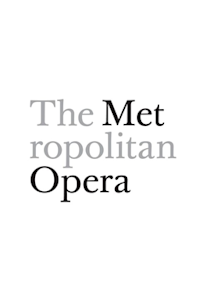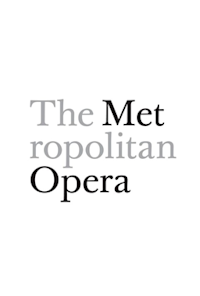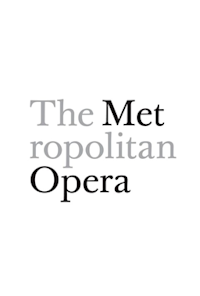19 Maig - 10 Juny 2022(7 actuacions)
anglès, espanyol, alemany
Opera
StagedAkhnaten, Glass
Protagonitzada:
Veure més
Compartir
Pròxima propera:
Dj.19:30
2022
May
19Dj.
22Dg.
25Dc.
28Ds.
Jun
02Dj.
05Dg.
10Dv.
Repartiment
High Priest of Amon
Horemhab
Queen Tye
Nefertiti
Akhnaten
Amenhotep
Beketaten
Meretaten
Maketaten
Ankhesenpaten
Neferneferuaten
Sotopenre
Tripulació
Stage director
Conductor
Set designer
- TP
Tom Pye
Costume designer
Chorusmaster
Lighting designer
Choreographer
Video
- TP
Tom Pye
Instrumentació
* Instrumentació per a aquest programa no està disponible
Productor
Productor
Coproductor
Coproductor
Sobre
Llocs
Lloc

















